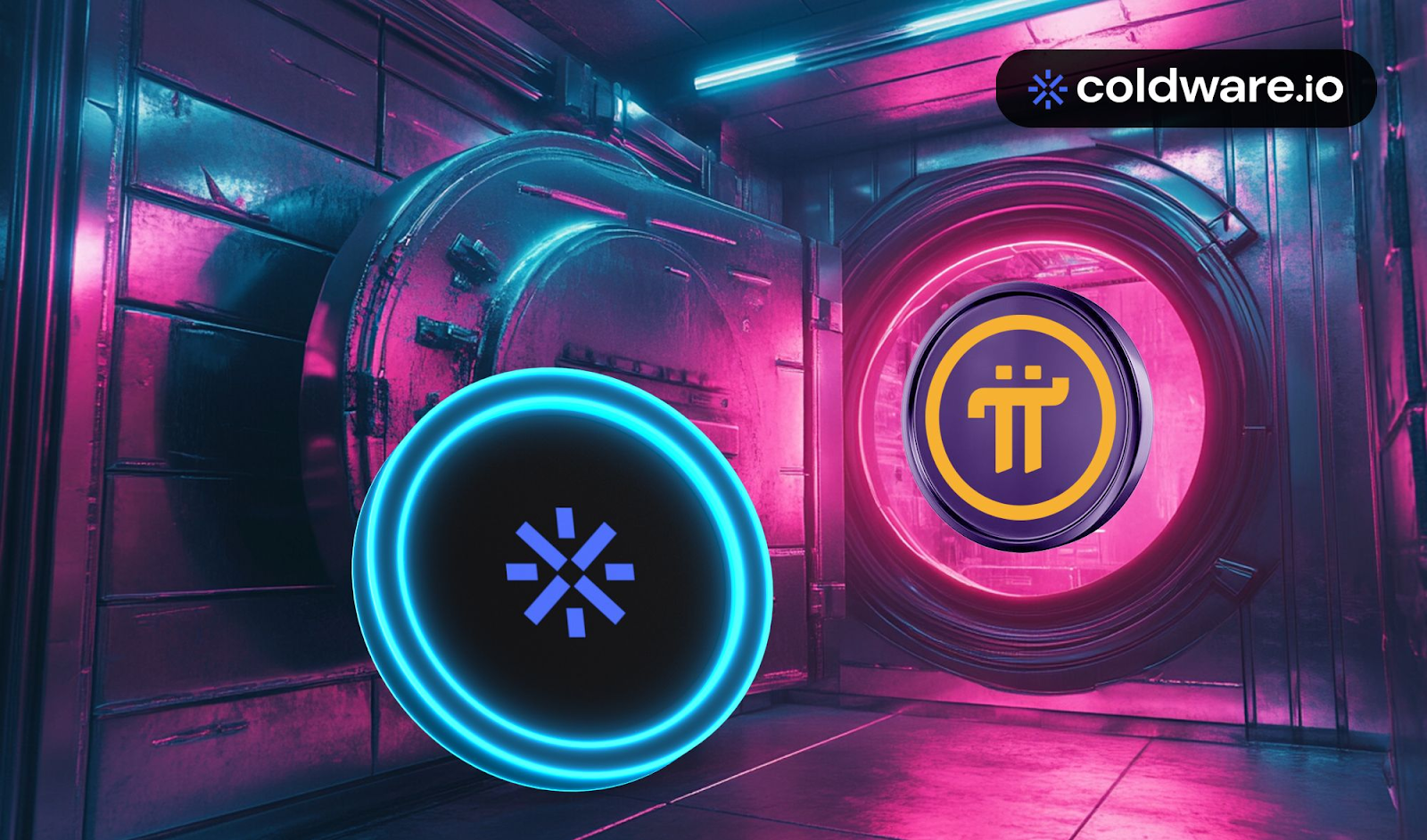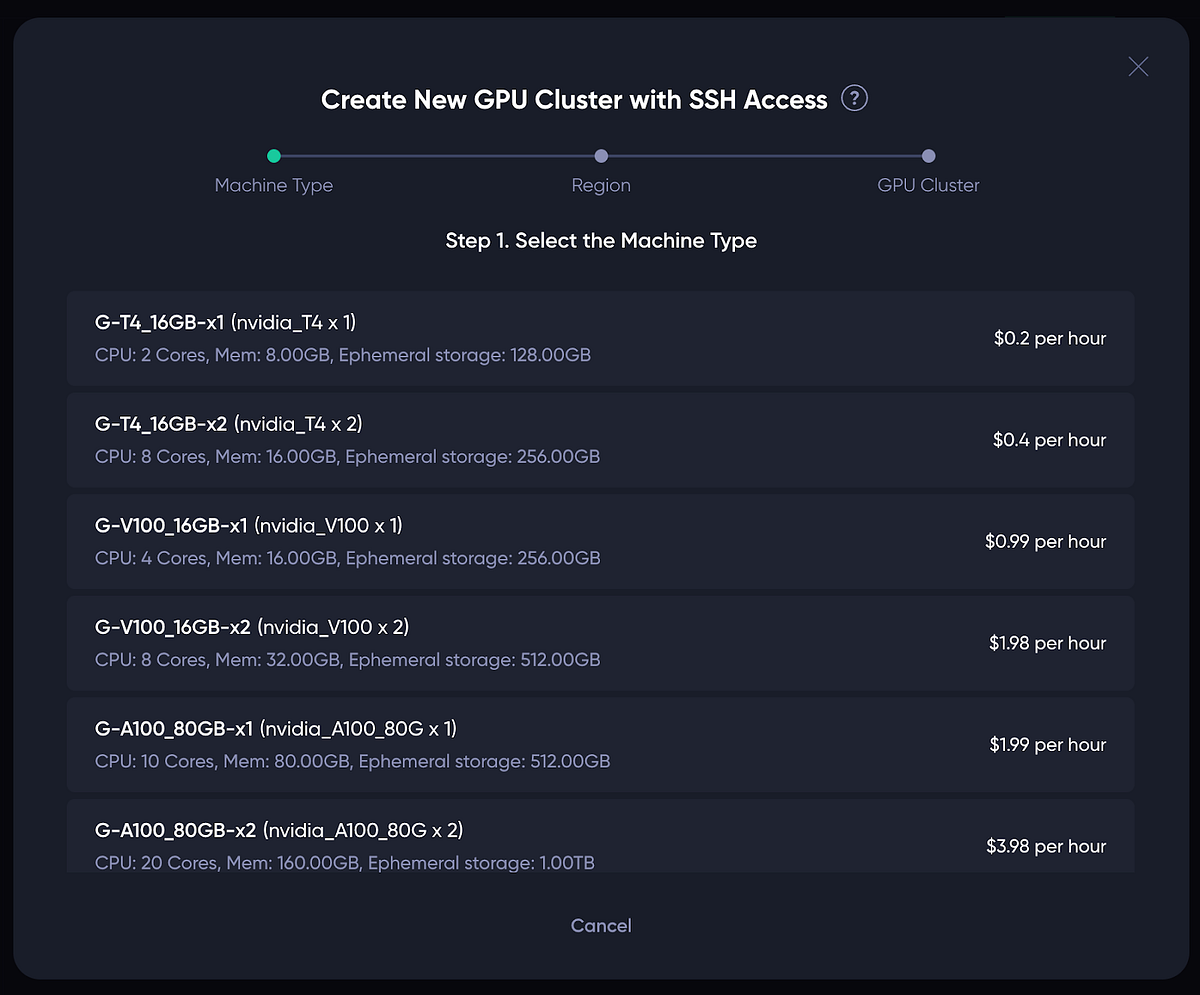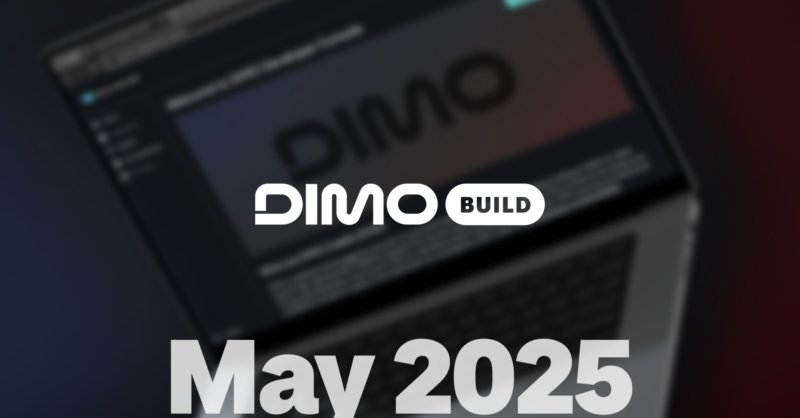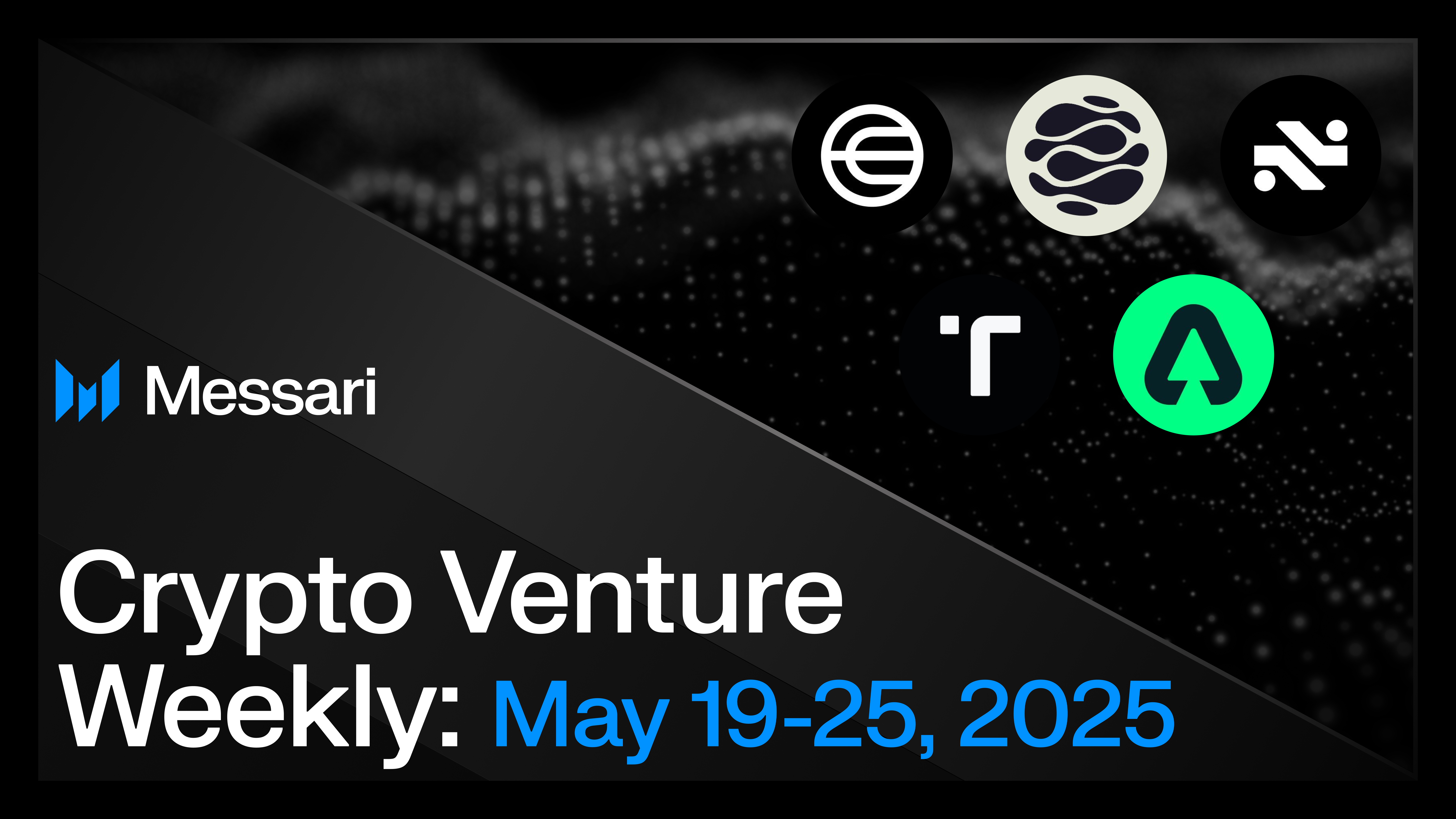Empowering Individuals Through Health Data Ownership with HealthBlocks
In the digital age, health data is increasingly recognized as a vital asset, yet it is often controlled by third parties without the individual’s consent. HealthBlocks aims to change this paradigm by advocating for data ownership, allowing individuals to reclaim control over their health information. The value of health data lies in its ability to provide insights into personal health trends, enabling preventative care and wellness strategies. However, the current system often benefits large corporations at the expense of individuals, creating an imbalance that HealthBlocks seeks to rectify.
HealthBlocks envisions a future where individuals not only own their health data but also have the autonomy to share it with researchers and healthcare providers, all while being rewarded for their contributions. The HealthBlocks V1 app introduces features like Activity Pools that encourage users to engage in healthy activities and build a comprehensive health profile. This profile, enriched by data from wearable devices and health apps, can be securely shared with third parties, ensuring that users maintain control over their information and privacy.
As artificial intelligence and machine learning continue to advance, the importance of secure and user-controlled health data will only increase. HealthBlocks is committed to creating a transparent ecosystem where individuals are both the owners and beneficiaries of their health data. By fostering a movement that prioritizes personal empowerment and collective health, HealthBlocks is paving the way for a future where health data is a tool for positive change. Join the HealthBlocks V1 waitlist and be part of this transformative journey towards a healthier society.
Related News





